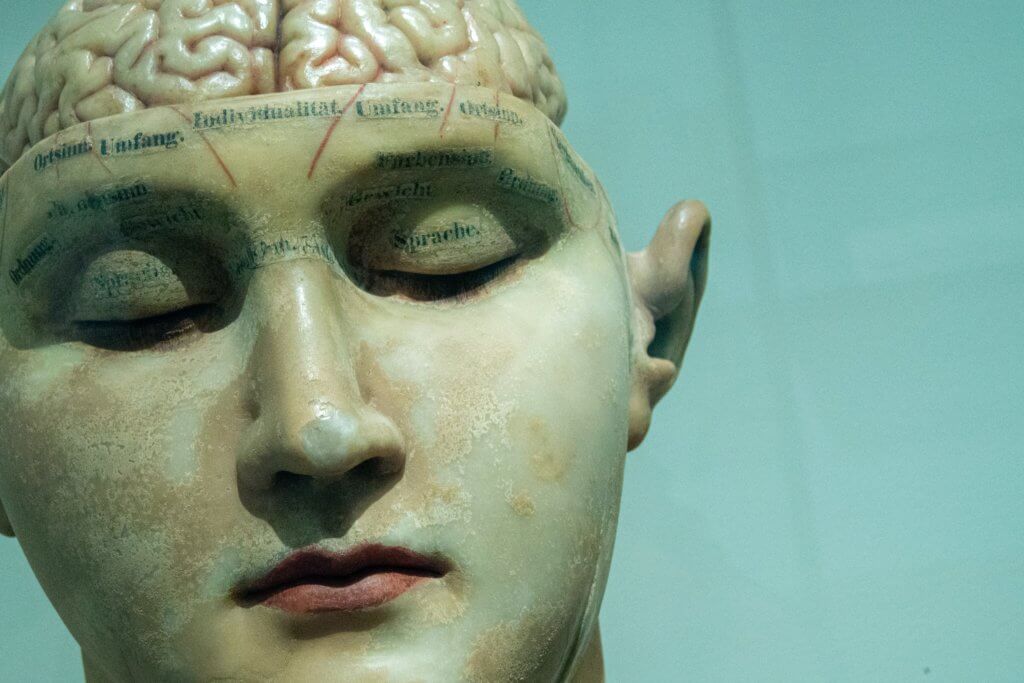It’s an age-old tale. You read for an assignment, but can’t recall anything for the pop quiz. You pack for a vacation, only to arrive and realize that you’ve forgotten socks and underwear. We all have moments in which we forget a vital piece of information. Luckily, scientists at Mount Sinai’s medical school have uncovered a neural mechanism that is believed to support advanced cognitive abilities.
Humans can only hold a limited amount of information in the brain at one time. We compensate for these limitations by creating strategies such as lists for packing or daily schedules. We have long known that the strategies help to store information, but the researchers at Mount Sinai are now about to explain to us how these neural strategies work.
The prefrontal cortex is the part of the brain that temporarily stores and manipulates information. When left to its own devices, pressure is put onto a single neuron within the prefrontal cortex to hold onto information. Let’s use a history exam as an example. When you read through the text and gather new information, that information is stored in the prefrontal cortex. When you use neural strategies, such as outlines or mnemonic devices, information is then broken into larger pools of neurons. This makes the recollection of facts more reliable and robust.
“Our study gives the field an important new perspective on how the brain allocates its resources to improve cognitive performance,” says senior author Dr. Erin Rich, an associate professor of neuroscience at the Icahn School of Medicine at Mount Sinai, in a statement.
This is a fascinating insight into our brains and our abilities to recall information. Dr. Rich, however, explains that this research has a far deeper impact. “Findings from our study will help scientists to better understand, and in the future to potentially treat, disorders of memory and cognition.”
How scientists unlocked process behind brain’s storing, processing of information
Traditionally, research has been focused on the responses of single neurons within the prefrontal cortex. The team at Mount Sinai demonstrated the shortcomings of this approach and improved cognitive performance by designing a task to probe changes within the prefrontal cortex.
Subjects of this task were given a set of information to remember. They were allowed to use a memory aid, or mnemonic, device to organize information as needed. The researchers observed that each participant chose an organizational strategy in order to retain the information given. Researchers then studied the responses from individual neurons within the prefrontal cortex of each participant. To their surprise, the scientists discovered that the responses of single neurons were not a good determining factor in the participants’ abilities to recall information. The information could be more easily, and more reliably, recalled when spread throughout larger pools of neurons.
“This is a brand-new discovery in the nature of prefrontal codes, and it could point to a key neural mechanism that supports advanced cognitive abilities like planning, strategizing, and problem-solving that depend on real-time organization of information,” explains Dr. Rich. “We’ve shown that the collective activity of neural populations needs to be considered when developing new strategies to improve cognitive performance or treat cognitive disorders.”
The study is published in the journal Neuron.
Article written by Rhonda Errabelli












